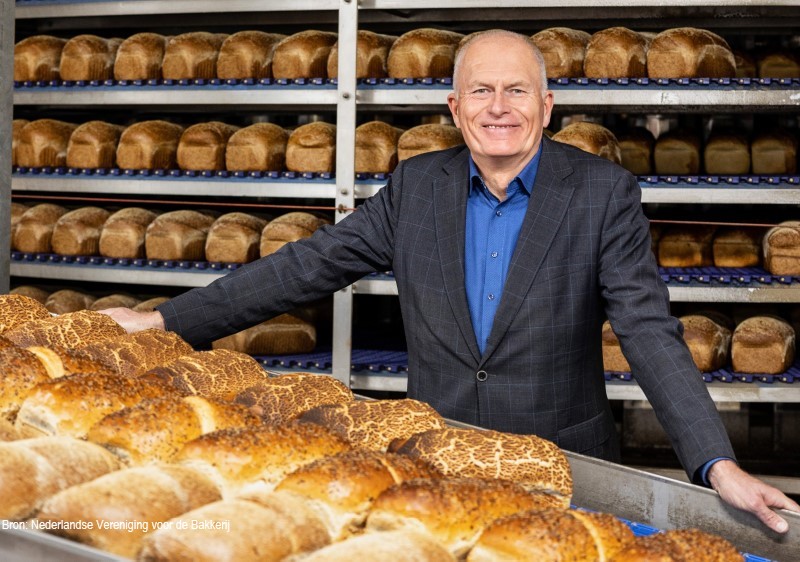The energy transition requires more than just technological innovation. It is a complex, long-term challenge that brings together technology, policy and collaboration. At FHI, we believe in an integrated approach to this transition. Our vision is clear: only by collaborating with experts from different disciplines can we make the right choices for a sustainable and resilient energy system.
The complexity of the energy system
Designing the energy system of the future is no easy task. The energy supply depends on many factors: energy consumption, distribution capacity, sustainable sources and reliable storage. Technical experts are indispensable to manage this coherence. They lay the foundation for effective policy and translate complex technical changes into understandable solutions for society.
Integrated collaboration on energy solutions
A successful energy transition cannot rely on one-sided solutions. Various experts must be involved in decision-making and strategy at the right time, in order to arrive at a balanced and future-proof plan. This prevents a too narrow view and promotes a joint, integral approach to energy issues.
Long-term planning and strategic choices
Looking ahead is essential. By estimating future energy consumption and the necessary infrastructure, we can ensure suitable energy sources, stable distribution and smart technologies. This long-term perspective helps us to concretely fill in the energy transition per year and to build a resilient system that matches the changing demand.
Technical expertise for policy and implementation
FHI aims for rapid access to technical expertise to support policy choices. Collaboration between technical industry organisations is crucial to respond quickly and effectively to the challenges and opportunities of the energy transition. With this shared knowledge, we are building a sustainable energy infrastructure that is ready for the future.








